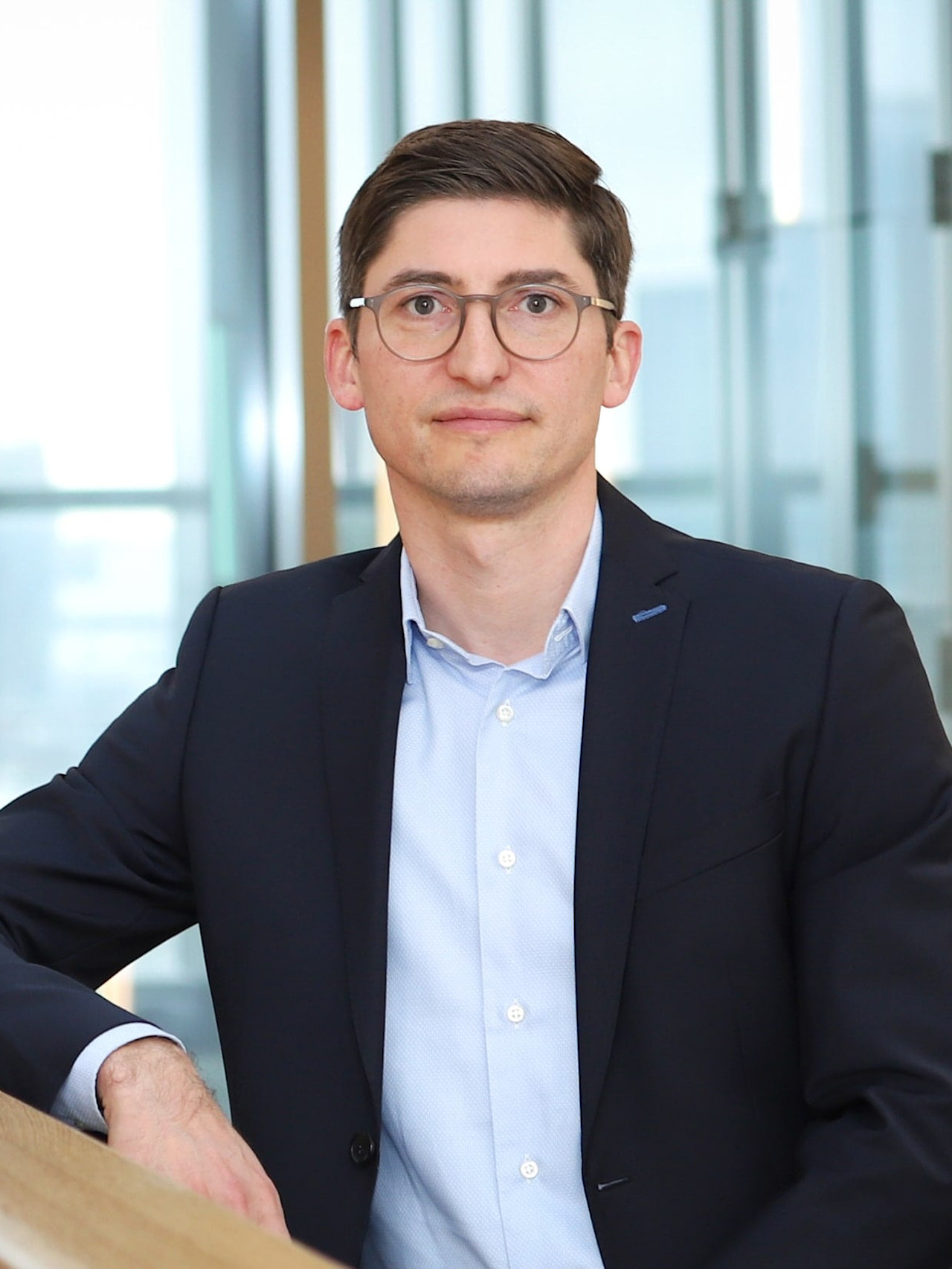

The SDGs at half-time – we need to score (with) more goals
It has been seven and a half years since the UN’s Sustainable Development Goals were launched to great fanfare in 2015. A deadline of the end of 2030 was set for achieving all 17 goals. As the SDGs reach half-time, Robeco’s SDG Strategist Jan Anton van Zanten takes stock of how far we have come, and what we still need to do.
概要
- The SDGs target issues from poverty and inequality to climate change
- They face criticisms, and progress in achieving them has been slow
- The world needs to beef up investment and start taking them seriously

The SDGs have been criticized from the start, and for a multitude of reasons. When they were being created, some people thought there were too many SDGs, and others that there were too few. Some criticized the aspirational spirit of the goals that lacks real enforcement mechanisms. A recent Nature study, for instance, argued that governments ‘talk the talk’ about the SDGs but don’t ‘walk the walk’, as there is no sign that they intend to change their legal frameworks or resource allocation to pursue them.1
And then there is the critique that the SDGs are inconsistent, overlapping, and even run counter to each other. Some SDGs do have negative impacts on other goals, making it difficult to attain all of them without cost. For example, SDG 8 (decent work and economic growth) cannot be realistically achieved without coming into conflict with SDG 13 (climate action), SDG 14 (life below water) and SDG 15 (life on land).
Progress is too slow
Another big issue is that progress in achieving the SDGs has been far too slow. No country is on track to achieve them by 2030, partly due to Covid-19, which led to progress stalling or even reversing in pursuing some of the goals. SDG 3 (good health and well-being) is one of the goals that went backwards when the world faced a global pandemic with its obvious detrimental effects.
Beyond the pandemic, what is now particularly worrying are the negative trends on environmentally focused SDGs. If we do not address climate change and halt the loss of biodiversity embodied in three of the goals, it is unlikely that we will achieve any of the other SDGs, given that all social systems depend on the natural environment.
So, if we are not going to achieve the SDGs, wouldn’t it make sense to just abandon them? Some leading lights of sustainability actually think so. Hans Stegeman, Chief Investment Strategist of Triodos Bank, which specializes in sustainability, said in a Dutch FD newspaper article that we should dump pursuit of the goals.2 And in a letter to the UN, 100 scientists said: “People will suffer more if professionals delude themselves about sustainable development.3
The SDGs are still highly relevant
These criticisms highlight real problems with the SDGs, but they do not render their underlying premise invalid. Global goal-setting remains a profound way of shaping sustainability.4 The world has, for the first time in history, a shared plan for creating a better world, based on tangible targets.
So, what to make of these critiques? The fact that progress on the SDGs is too slow is not a good reason to abandon these goals, and as scientists earlier argued in Nature: “Great feats are rarely a product of lowered ambitions.”5
And in a world in which billions of people lack access to basic needs, and whose natural environment is rapidly deteriorating through climate change, biodiversity loss and pollution, creating a better world is not a pipe dream.
It does though necessarily mean attending to numerous issues at the same time, and finding an optimum balance between them and put more weight behind them. Governments, companies, and investors need to make a serious effort to actually work towards achieving them, instead of just talking about them. In my research, I identified three priorities for making progress: improving macro-level governance for the SDGs; acting on the interactions between the individual goas; and further involving the private sector.6
Investing in – and engaging for - the SDGs
In the end, the SDGs require the support of investors as well. In general, investors have two levers to pull: capital allocation and active ownership.
First, investors can support the SDGs by allocating financing to companies that positively contribute to the SDGs and away from those that deteriorate progress. Since this requires knowing how each of the companies in our investment universe impact these goals, Robeco created its own SDG Framework in 2017. With this SDG Framework we can score companies’ positive and negative contributions to the global goals to assess their suitability for investments.
Second, as active owners, investors can engage with the companies they invest in and use their voting power to support (or reject) corporate behavior regarding the SDGs. This approach combines active management with active ownership, which can be a powerful force, particularly with companies whose activities are harming achievement of some of the goals.
Let’s keep going
All in all, I believe that while many of these critiques about the SDGs and investing in them are valid, the conclusion should not be that we abandon the goals. Instead, we should re-assess whether the actions that we take are having a positive impact, and how we can improve that.
Climate change, biodiversity loss, poverty, inequality and the need for health care are real problems. The SDGs are a global initiative to draw support from all parts of society – governments, business, and civil society – to tackle these challenges. Removing the SDGs is not going to solve these real problems; keeping them can be one impetus for working on these challenges.
So, let’s start treating the SDGs as more than just a wish list. Let’s appreciate their complexity, build better policies to implement them… and keep going!
Footnotes
獲取最新市場觀點
訂閱我們的電子報,時刻把握投資資訊和專家分析。
Important information
The contents of this document have not been reviewed by the Securities and Futures Commission ("SFC") in Hong Kong. If you are in any doubt about any of the contents of this document, you should obtain independent professional advice. This document has been distributed by Robeco Hong Kong Limited (‘Robeco’). Robeco is regulated by the SFC in Hong Kong. This document has been prepared on a confidential basis solely for the recipient and is for information purposes only. Any reproduction or distribution of this documentation, in whole or in part, or the disclosure of its contents, without the prior written consent of Robeco, is prohibited. By accepting this documentation, the recipient agrees to the foregoing This document is intended to provide the reader with information on Robeco’s specific capabilities, but does not constitute a recommendation to buy or sell certain securities or investment products. Investment decisions should only be based on the relevant prospectus and on thorough financial, fiscal and legal advice. Please refer to the relevant offering documents for details including the risk factors before making any investment decisions. The contents of this document are based upon sources of information believed to be reliable. This document is not intended for distribution to or use by any person or entity in any jurisdiction or country where such distribution or use would be contrary to local law or regulation. Investment Involves risks. Historical returns are provided for illustrative purposes only and do not necessarily reflect Robeco’s expectations for the future. The value of your investments may fluctuate. Past performance is no indication of current or future performance.























